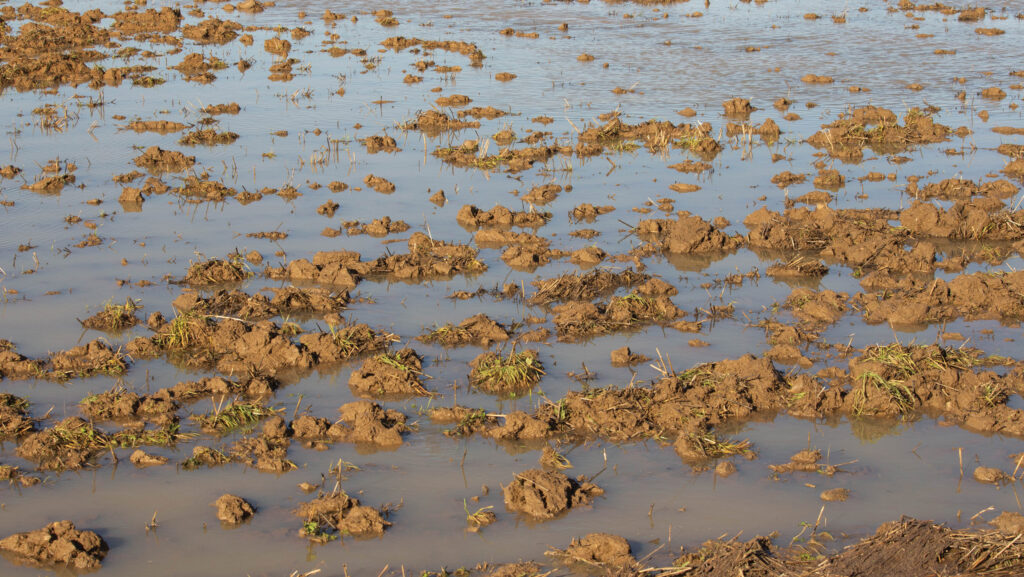UK wheat markets near £182/t as rainfall impacts plantings
 © Tim Scrivener
© Tim Scrivener Global wheat markets have remained fairly stationary throughout the summer months.
However, trade has picked up in the past week as conflict escalates in the Middle East.
November UK feed wheat futures climbed by £6/t on the week to open at £187.60/t on 2 October.
Exchange rates have been having an impact on trade.
See also: More on market prices, news and analysis
UK exports have appeared relatively expensive on global markets due to a stronger sterling, while imports look more competitive.
The UK remains a small player in global terms, with poor domestic weather conditions and lower production having very little impact on prices globally.
Prices collected by Farmers Weekly midweek put ex-farm feed wheat at almost £182/t and milling wheat at £232.50/t.
Analysis by consultancy firm Andersons said that up to 60% of global stocks were held in China and, excluding China, there was a much tighter stock situation globally.
Autumn washout
Plantings have been put on hold across much of the UK due to substantial rainfall in September and further showers forecast in October, which could lead to a greater reliance on spring drilling.
Southern and central areas were especially badly hit, with seven English counties recording more than three times their average September rainfall, according to the Met Office.
Meanwhile, Scotland and Northern Ireland were drier than average.
Break crops
A lack of profitable break crops has created challenges for the industry and may encourage further Sustainable Farming Incentive uptake.
Grain industry adviser Richard Whitlock said many arable farmers were being challenged to find a suitable replacement for oilseed rape, following continued difficulties with establishment and yields.
He added that pulses could provide a non-cereal option, but were not very lucrative.
NFU senior combinable crops policy adviser Luke Cox said: “Oilseed rape is increasingly unreliable.
“We still have about 2m tonnes of domestic demand for rapeseed, but we can’t even produce 1m tonnes.”
Mr Cox added that pulses and beans continued to be very hit and miss year-on-year, and had varying yields between regions.
“Break crops are very important in rotations.
“We need crops like oilseed rape that are good flowers for the environment and help with nutrients, and protein crops that can fix nitrogen for a future crop.
“They play an important role, but also need to play a commercial role in themselves.”
More land has been going into oats as a result of issues with break crops, which has been weighing on prices.
Analysts at CRM AgriCommodities said milling oat values had nearly halved since topping at £270/t in June, and had fallen below £150/t for the first time in three years.
